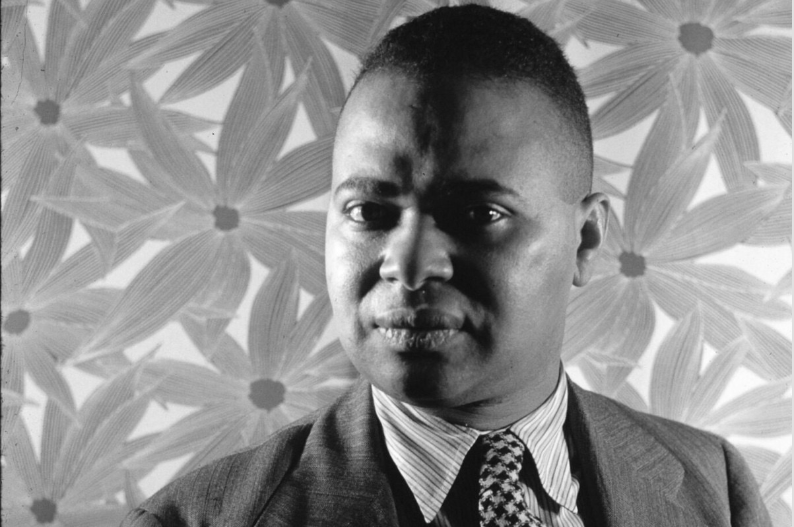Porter
Countee Porter was born May 30, 1903. Some sources suggest that he was born in Louisville, Baltimore, or New York City but there is no definitive answer. After the deaths of his parents and his brother, he was raised by his paternal grandmother. She died while young Countee was in his early teens.
Cullen
After losing all of his immediate family, young Countee was taken in by Carlyn Belle and her husband, Reverend Frederick A. Cullen. Cullen was a conservative minister at the Salem Methodist Episcopal Church in Harlem. Young Countee added Cullen to his last name, thus going by Countee Porter Cullen.
Education
Cullen attended DeWitt Clinton High School from 1918-1921. There, he edited the school newspaper and literary magazine. He also entered his poetry into various competitions throughout the city. After graduating high school, he then continued his studies at New York University. He graduated in 1925 and won the Witter Bynner Poetry Prize later that year.
‘Color’
Also in 1925, Cullen released his first book of poetry, titled ‘Color.’ The following year, 1926, he graduated with his master’s degree from Harvard University. He then joined the editorial staff of Opportunity Magazine. He wrote the column, ‘Dark Tower,’ a review of Black literati in the U.S.

Harlem Renaissance
Cullen published two more volumes of poetry in 1927: ‘Copper Sun’ and ‘The Ballad of the Brown Girl.’ His writings, which focused on the Black experience surrounding race, culture, and history, set him apart as a leading figure of the Harlem Renaissance. In 1928, he married Yolande Du Bois, daughter of W. E. B. Du Bois but the couple divorced in 1930.
Other Writings
In the 1930s, Cullen wrote less poetry. He began teaching at Frederick Douglass Junior High School in 1934 while writing in other literary forms. He wrote the satirical novel ‘One Way to Heaven’ in 1932 and he translated and published Euripides’ ‘Madea.’ He was the first Black 20th Century writer to translate and publish any work by Euripides.
Cullen also became a children’s author and playwright. He wrote plays, like ‘The Third Fourth of July’ and ‘Heaven’s My Home,’ which was a stage adaptation of his novel, ‘One Way to Heaven.’ He also worked on the stage adaptation of Arna Bontemps’ novel ‘God Sends Sunday.’ The stage adaptation was titled, ‘St. Louis Woman’ and it made its Broadway debut in March 1946.
Legacy
He never saw the finished product of ‘St. Louis Woman.’ Countee Porter Cullen died on January 9, 1946, from uremia complications and high blood pressure. He was 42 years old. In 1947, ‘On These I Stand: An Anthology of the Best Poems of Countee Cullen’ was published posthumously. He has had several public buildings named after him in honor of his work.

**The views and actions of the DDH historical figures that are featured may not reflect the views and beliefs of Ramiro The Writer (Nikodemus Mwandishi) or We Buy Black. Thank you.**
Thank you all for reading my article. I’m a part of the largest online marketplace for Black-owned businesses called We Buy Black. Similar to Etsy or Amazon, this website allows for Black-owned businesses to create a shop and sell their amazing products to the world! If you have a product, you should definitely join this platform! We Buy Black also has it’s Inaugural We Buy Black Convention happening this November 16th-17th in Atlanta, GA and I hope to see you all there. In fact, I along with hundreds of others will be wearing our official We Buy Black T-shirt, so here’s my gift to you: Get 50% off the official WBB T-shirt using my code WBB2018. Peace, family!








